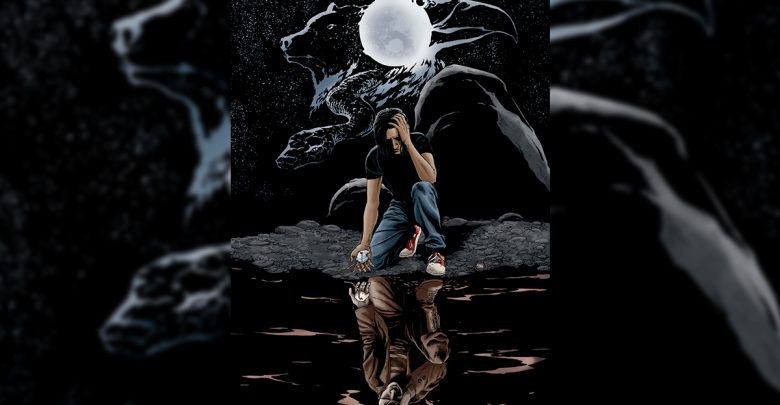 Supplied
SuppliedJustifying censorship with concern for students suggests they lack intelligence. Students aren’t in need of protection; they’re in need of education.
This week, the Edmonton Public School Board was questioned by Cree author David Alexander Robertson for putting his graphic novel series 7 Generations on a “not recommended” book list for teachers. The series follows an indigenous family over seven generations, delving into the history of smallpox, colonialism, and residential schools in Canada. EPSB recommended that the series shouldn’t be taught due to its sensitive material. If teachers were to teach it, the list suggests that teachers facilitate pre-and-post-reading discussions about residential schools.
People across the country took to Twitter to voice their disagreement with the Edmonton Public School Board. Several educators, librarians, and even school districts promoted their students love of the series. EPSB has since stated that they will be reviewing the not recommended list.
To say that a series that narrates an important part of Canadian history should be censored due to its portrayal of sensitive material insults students’ intelligence and ability to understand their nation’s issues.
https://twitter.com/DaveAlexRoberts/status/1044569930040053760
Educational institutions hold power in the development of students’ beliefs and understandings of the world through what they expose them to and the discussions they have. We need to ask why EPSB was so hesitant to have these discussions and address this part of Canadian history. If students don’t learn these hard truths, systems of racism and oppression will continue to build and strengthen barriers for truth and reconciliation.
Unfortunately, this isn’t the first instance we’ve seen of censorship in Canadian schools. Freedom to Read, a Canadian organization, tracks data and conversations about censored and banned books in Canada. On their website, they say “a book with a controversial reputation tends to be quietly dropped from reading lists and curricula. This interference can be most insidious — quiet acquiescence to the kind of scare tactics that would-be censors know how to employ.”
A few of the books being referred to are Go Ask Alice by Anonymous, Persepolis by Marjane Satrapi, and The Handmaid’s Tale by Margaret Atwood. Usually, the challenged books are ones dealing with issues of sexuality, gender, race, and colonialism — topics that students not only need to understand, but need to learn how to talk about. Our news stations and political discourse regularly discuss these issues; to interfere with that kind of education is to abandon students to learn about these complex issues in isolation, instead of in a safe learning environment.
Educational institutions shouldn’t be the ones to put up barriers for our youth; they should be tearing them down. Luckily, today’s youth prove to be proactive and involved in the information that is taught to them. Recently, students in Ottawa walked out of school to protest the setbacks in the sexual education curriculum. Even they recognize that the education system should be there to support its students and educators; it shouldn’t be a force working against them.
Censorship will not help today’s youth. If our public education system isn’t providing guidance on these crucial issues, then who will? It’s precisely these uncomfortable issues that need to be taught and understood by Canadians, especially our youth.




